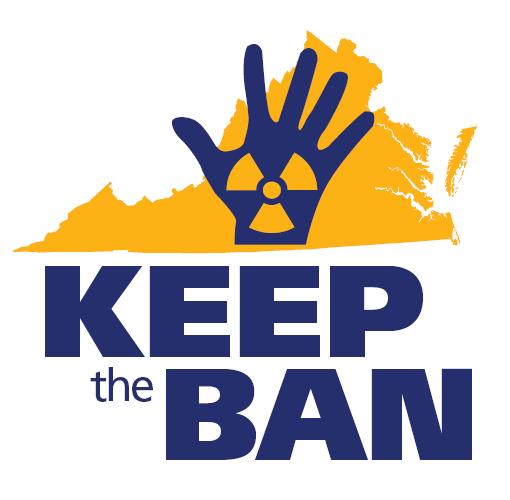National Academy of Sciences study sounds cautionary note on uranium mining in Virginia
 The long-awaited (22 months) study by the National Academy of Sciences into the feasibility of uranium mining in Virginia was released on December 19 before the Virginia General Assembly Uranium Mining Subcommittee. The lengthy report, now available on line, sounded a cautionary note and presented a series of serious challenges to the Commonwealth if it insists on overturning the current mortatorium on uranium mining in Virginia. The study concluded that there are "steep hurdles to be surmounted before mining and processing could be established in a way that is appropriately protective of the health and safety of workers, the public and the environment."
The long-awaited (22 months) study by the National Academy of Sciences into the feasibility of uranium mining in Virginia was released on December 19 before the Virginia General Assembly Uranium Mining Subcommittee. The lengthy report, now available on line, sounded a cautionary note and presented a series of serious challenges to the Commonwealth if it insists on overturning the current mortatorium on uranium mining in Virginia. The study concluded that there are "steep hurdles to be surmounted before mining and processing could be established in a way that is appropriately protective of the health and safety of workers, the public and the environment."
Behind the push to over-turn the moratorium is Virginia Uranium which has spent millions of dollars to support its hopes to mine uranium at Coles Farm in Pittsylvania County. However, the NAS, which was not tasked to do a site-specific analysis, warned that the environmental and health impacts, the threat of natural events (such as the recent major earthquake), and the wet environment (which contrasts with most arid uranium mine sites) would need to be mitigated using international best practices should uranium mining be undertaken. Virginia lacked experience in the field technically, and the regulatory landcape is confusing. Concerns were also raised about the lack of adequate public participation. A thorough site characterization conducted at Coles would be essential. "Additionally, until comprehensive site-specific risk assessments are conducted, including accident and failure analyses, the short-term risks associated with natural disasters, accidents, and spills remain poorly defined," the report said.
Beyond Nuclear attended the presentation. Our assessment was that the report represented uranium mining as risky and challenging and by no means a green light for lifting the ban. The study was by consensus with no minority report. However, Virginia legislators will now need to base their decision-making on the science within the report, not the lobbying powers (and dollars) of Virginia Uranium. The considerable complications, challenges, risks and expense of undertaking the needless venture of mining uranium in Virginia, as outlined in the NAS report, should be enough of a deterrent to end all consideration of this project and instead shift focus onto sectors where real, meaningful and safe jobs can be developed instead.
The NAS pointed out:
"Three over-arching best practices should be guiding principles if uranium mining were to be permitted: the need to plan at the outset of the project for the complete life cycle of mining, processing, and reclamation; the need to engage and retain qualified experts familiar with internationally accepted best practices for all aspects of a project; and the need to encourage meaningful and timely public participation throughout the life cycle of a project, beginning at the earliest stages."





 December 20, 2011
December 20, 2011